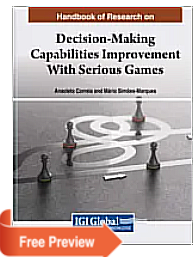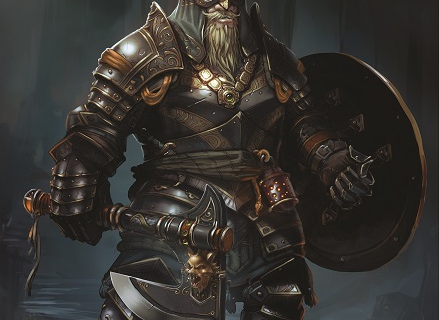
Serious Games Reloaded – Helena Barbas
Chapter 1 – INTRODUCTION
It is already accepted that we are in the middle of a new Industrial Revolution, that some predict will be version 5.0: «The fifth industrial revolution is restoring the importance of the human aspect in production, and this is in addition to the developments in the field of technology developed within Industry 4.0» (Pizoń & Gola, 2023, pp. 1).
The digital revolution refers to the shift from analog to digital electronics, brought about by computing and communication technologies. The desktop revolution – now expanding due to a mobile increase – corresponds to the presence of a Personal Computer [PC] in each home. The PC, with its Graphical User Interface [GUI] allows the user to speak directly with the device (through icons in the “windows” and the mouse) discarding the need to know a programming language, to resort to computer experts or technicians.
It also realizes Turing’s wildest aspirations regarding the memory size and processing speed of his apparatus: «It is possible that at some time this might be done, but even supposing this invention available we should feel there was little point in trying to make a “thinking machine” more human by dressing it up in such artificial flesh…» (Turing, 1950, pp. 435).
Besides, this new machine, the revolution it has operated in Academia, becoming indispensable at all levels, allows us to consider this desktop revolution as a «scientific paradigm shift» in Thomas Kuhn’s terms (Kuhn, 2003).
Some feared Literature would be killed by computers, by this desktop revolution. Nonetheless, never have more books been published, and never have more individuals been able to express themselves using new media than when PCs became mainstream. From blogs to webpages, social media, open platforms and podcasts: Literature has been alive and kicking. People have a new instrument with which to express themselves. Anyone can be an author – whether the outcome is truly literary is another matter. This fear of the new has also been felt in other disciplines over time – such as Painting, with the emergence of acrylics, or Radio with the emergence of Television – “Video (did not) kill the Radio Star”.
New media was, and is, often received with distrust, and first seen as producing something inferior in style or performance. Notwithstanding, as soon as the fear of the new wanes, the novel media settles in, and nobody questions its value anymore. The same could be said regarding the creation and production of video games, serious or not.
Users and Authors have been continually experimenting with this recent, rapidly evolving and everevolving, multimodal instrument. The possibilities are endless and now, with the pervasive and widely accessible use of Artificial Intelligence [AI] these experiences are in their infancy.
One of the problems concerning the theoretical framework guiding the research in technological and game design is the widespread use of inappropriate terminology. Cyber-artists and critics employ a vocabulary either borrowed from the realm of literature and film practices (plot, character, perspective, narrator) or castoff by game authors (drama manager), not considering that some are new and some are variants of the old concepts, particularly from the field of narratological studies. The great majority of the new Interactive Fiction [IF] creators come from the world of information technologies and game development, and very few of the literati know anything about computers.
The practical personal experience with the two ventures presented below – the InStory and Plato-Mundi serious games projects – is used to clarify how some of the terms regarding narrative and games lexicon have been employed, and can, or must, change their form depending on narrative strategies, the user’s agency, or the devices used. It also lays the foundations for all other considerations and posterior reflections related to problems and inconsistencies found in the Game verse – storytelling, serious games, game design – and Human-Machine Interaction.[…]
DOI: 10.4018/978-1-6684-9166-9.ch001 – Copyright © 2023, IGI Global
https://www.igi-global.com/book/handbook-research-decision-making-capabilities/317940


